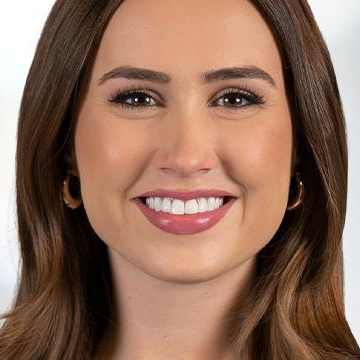Here's how to figure out how much protein you need each day, according to a dietitian
From drinks to food, it seems protein is being added to everything these days — but how much protein do we actually need each day?
Whether you're lifting weights or lifting your health, protein is on the plate.
"It's very important to get enough, but a lot of people think they need a ton of protein to be healthy," Ryan Weiler, a registered dietitian with HealthPartners, said.
Weiler says the right amount of protein varies for each person depending on factors like gender, age, activity level and use of weight loss medication or supplements.
To meet basic nutritional guidelines, the USDA recommends 0.8 grams of protein per kilogram of body weight, or 0.36 grams of protein per pound. For example, a person weighing 160 pounds should have about 60 grams of protein per day.
"In general, most adults, 60-90 grams is a good baseline. Maybe 100-120 if you have higher needs," Weiler said.
Weiler says people who might need more protein include athletes, the elderly or people recovering from an injury.
Three ounces of fish or chicken provide about 20 grams of protein, 6 ounces of plain Greek yogurt has 17 grams, a cup of milk or half a cup of beans offers 8 grams and an egg or 1 ounce of almonds gives you 6 grams.
"I say spread it out throughout the day and then eat it first when you're eating your meal because then it kind of helps satisfy you throughout the rest of the meal," personal trainer Tina Kuharski said.
Weiler says protein supplements can be a great option, but shouldn't be your sole source.
"Sometimes it's really helpful to have these shortcuts and these processed foods because it's ready to go and convenient, but if you are just doing those, you are missing out on other good nutrients like animal proteins with B vitamins and zinc and iron," he said. "If you're eating an ultra high protein diet, you might be displacing other healthy foods. We want to get a nice variety of foods, all the food groups complement each other."
Weiler says protein helps build muscle and keeps you feeling full longer — a handy tool to help reach your goals.





